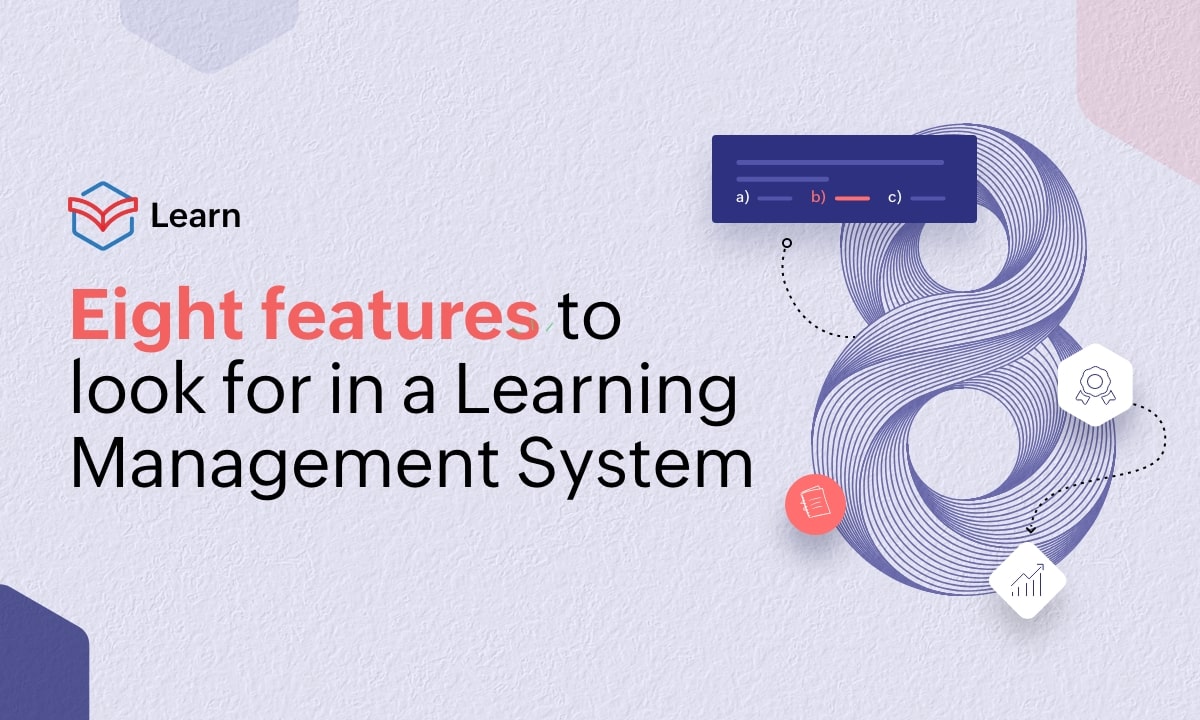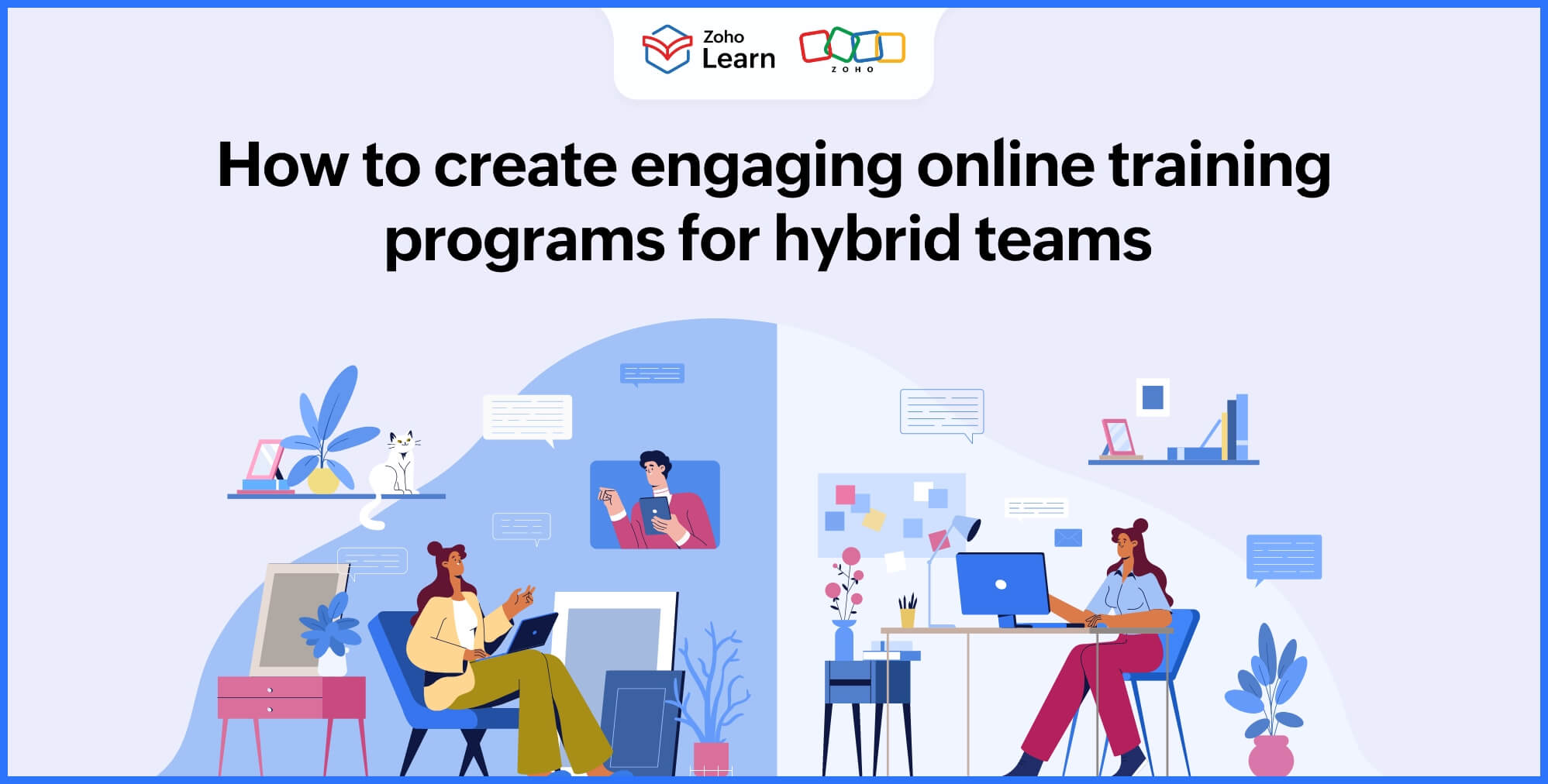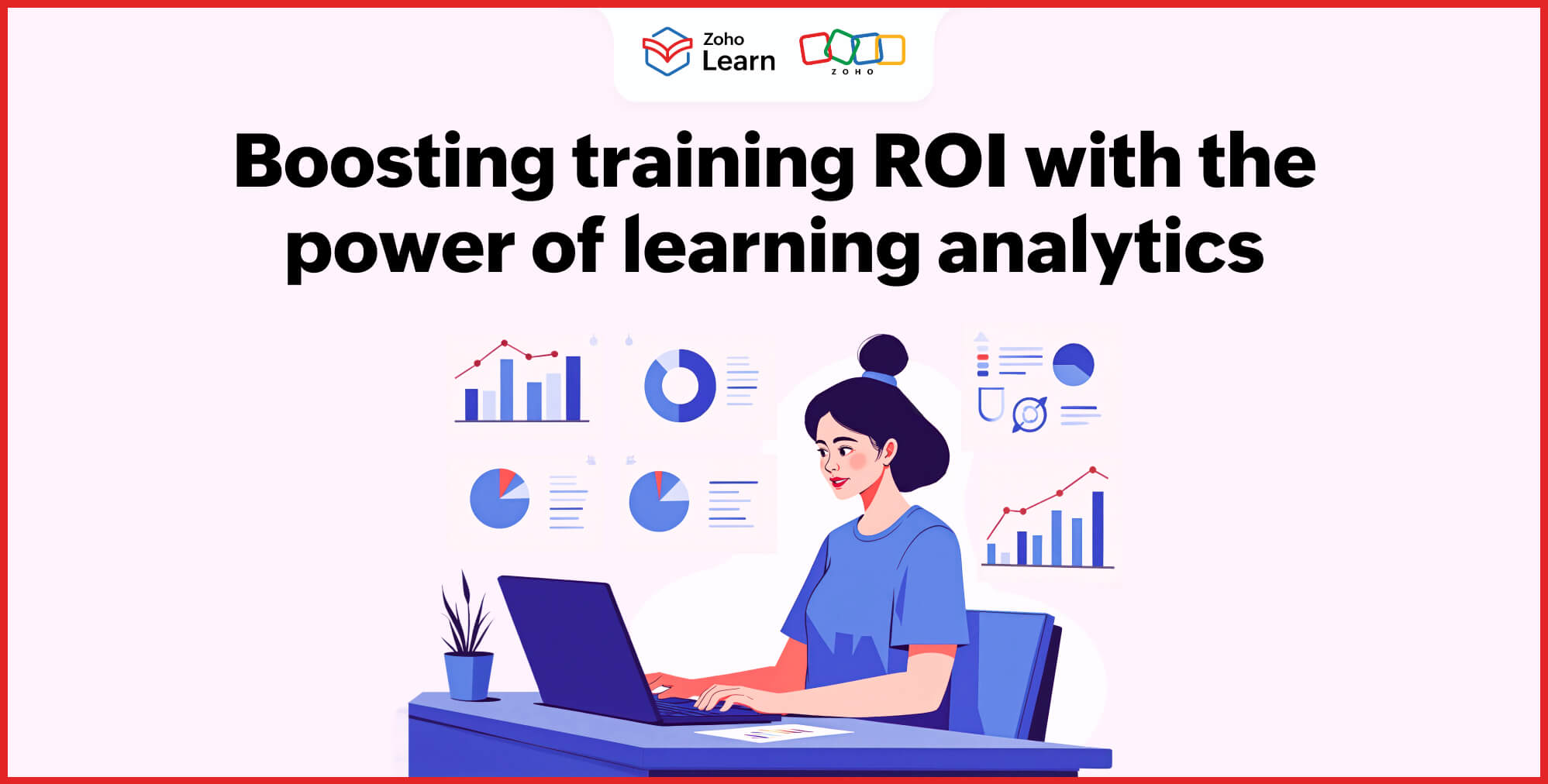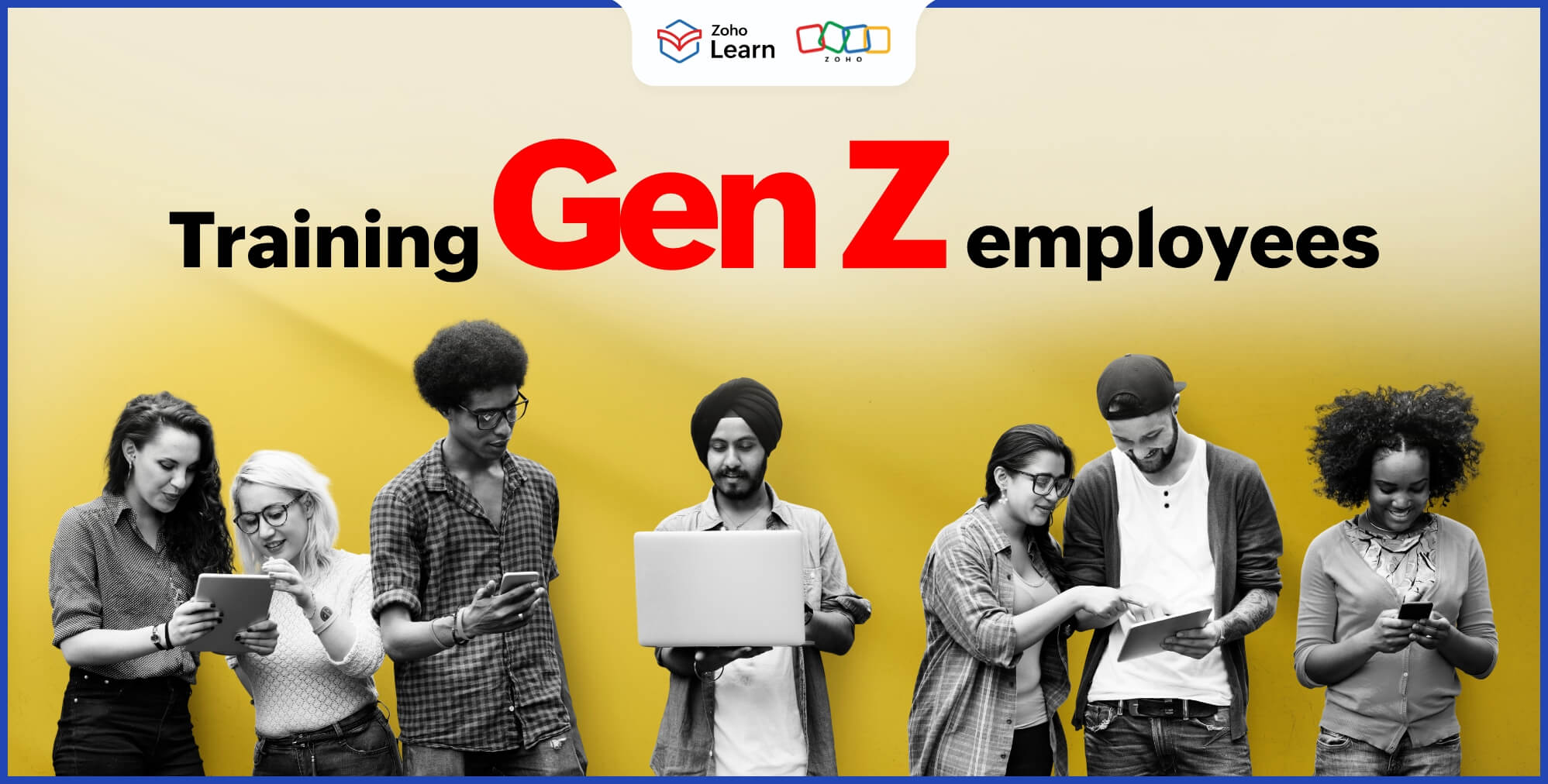8 features to look for in a Learning Management System(LMS)
- Last Updated : October 11, 2023
- 1.4K Views
- 4 Min Read

With so many learning management systems available on the market, it can be challenging to choose the best platform to fit your business. While there are several factors to be considered in picking the right tool, the right feature set is the most important of all. The best LMS platforms typically let admins build training programs, create assessments, and track the learner progress. In addition to these, there are certain essential features your training platform must include.
Take a look at these must-have features for a learning management system:
Ease of use
The right training platform's interface should be intuitive and easy to use for both admins and learners. From course creation to delivery, the entire process has to be seamless and simple. You must be able to navigate the system and easily find what you need. A flat learning curve translates into hassle-free content creation for admins and an enjoyable learning experience for employees.
Course content management
Creating and managing courses should be straightforward. Depending on your training objective and the needs of your learners, you may want to use different content types. A flexible LMS should support a variety of different content types like video, downloadable documents, text, etc. In addition to creating new training material, the platform should also support the re-use of existing material.
Branding
Your LMS should allow you to brand your portal and adopt a consistent design to reflect your company's brand identity. White labeling not only connects learners to your training brand but can also boost their overall learning experience because employees are already familiar with the look and feel of the portal and perceive it to be an extension of your brand. You should also look for options to customize color schemes, site logo, course banners, and fonts.
Mobile learning
Your learners should be able to access their training content at their convenience, from anywhere, at any time. Mobile access is essential to ensure uninterrupted learning. According to research by LinkedIn, newer generations of employees want to learn on their own terms and often prefer a self-directed approach. Your LMS should be mobile responsive or offer native apps for flexible learning.
Certification and rewards
Course completion certificates help reward and recognize your learners' efforts, and rewarding learners helps ensure they take subsequent courses with enthusiasm. Many businesses also require a proper training completion certificate to meet their compliance requirements. In addition to completion certificates, you should also look to gamify the learning experience with badges, rewards, points, achievements, and leaderboards. 80% of learners say that their productivity would increase if gamification was used in e-learning. Gamification in training inspires learners, drives knowledge retention, and enhances the learning experience. The right LMS system should support certificate publishing for course completion and also offer gamification features for better learner engagement.
Assessments
The learning management system that you choose should have built-in assessment tools to gauge your learners' knowledge and ensure competency. Assessments are a great way to track progress and reinforce learning. Choose an LMS platform that supports some form of assessments, such as quizzes, tests, or graded assignments. With a good assessment tool, you can test your learners with different question types like multiple choice, fill in the blank, true or false, or even essay questions.
Social learning
With the rise of remote learning and social media, it has become essential to include some social elements in your training. A good LMS platform should allow users to ask questions, share feedback and ideas, interact with peers, and participate in discussions. Discussion-based learning improves your learners' overall engagement level and encourages a culture of knowledge sharing. Research shows us that engagement increases when social features are implemented in training courses.
Detailed reporting
Good reporting is the backbone of any learning platform, and a strong learning management platform is still incomplete without proper reporting and analytics. The reporting system within the LMS you choose should give administrators detailed insights into multiple aspects of the training program. With reports, administrators should understand how the training program and their learners are performing. Based on the report data, they can make informed training decisions.
Final word
A Learning Management System packed with the right feature set is essential for building an effective employee training program. From course creation to delivery, the process has to be seamless. From a learning perspective, the LMS should focus on delivering an engaging and interactive learning experience to increase knowledge retention and learner motivation.
If you're looking for a powerful, customizable LMS for your company, sign up for a free trial of Zoho Learn today.


